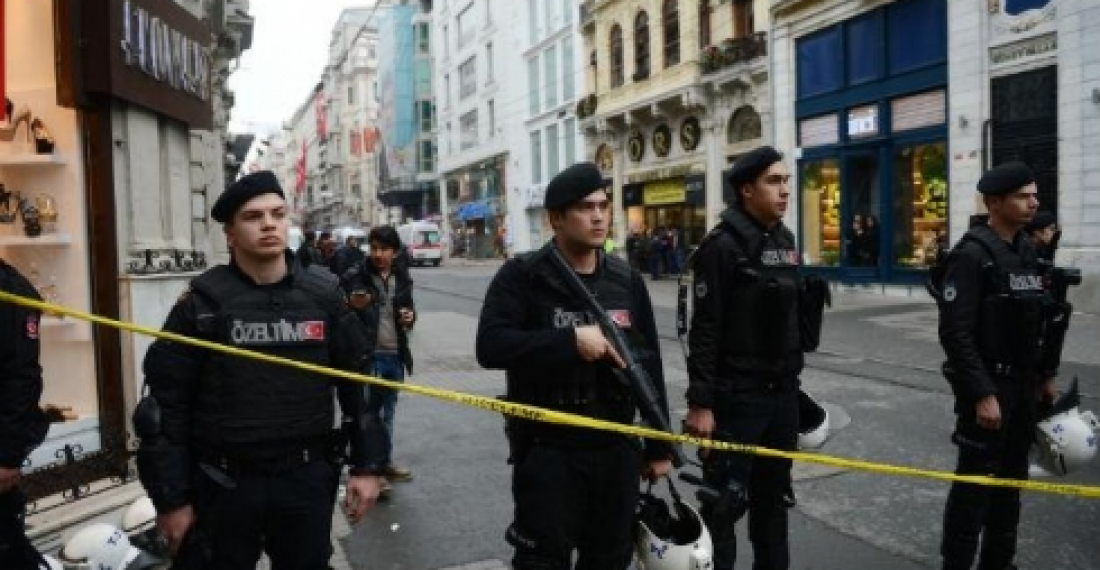Five people were killed and 39 others were injured in a suicide bomb attack on March 19 in central Istanbul, on the busy İstiklal Avenue in Taksim.
All victims of the attack besides attacker were foreign nationals: Israeli citizens Simha Siman Demri, Yonathan Suher, Avraham Godman and Iranian Ali Rıza Khalman.
Turkish Health Minister Mehmet Müezzinoğlu said 39 people, including 24 foreign nationals and a child, were injured, and seven of the victims in hospitals were in critical condition.
There was no immediate claim of responsibility for the attack on part of İstiklal Avenue, a long pedestrian street lined with global shops and foreign consulates, a few hundred meters from an area where police buses are often parked.
The attack in Istanbul came six days after a suicide car bomb attack in the heart of the capital city of Ankara, which killed 37 people.
The attack in Ankara was claimed by the Kurdistan Freedom Hawks (TAK), a terror group linked to the outlawed PKK.
The group described the car bombing, which occurred on March 13, as "vengeful action" for security operations against the PKK militants in town centers in the southeast that have been underway since July.
source: hurriyetdailynews.com






